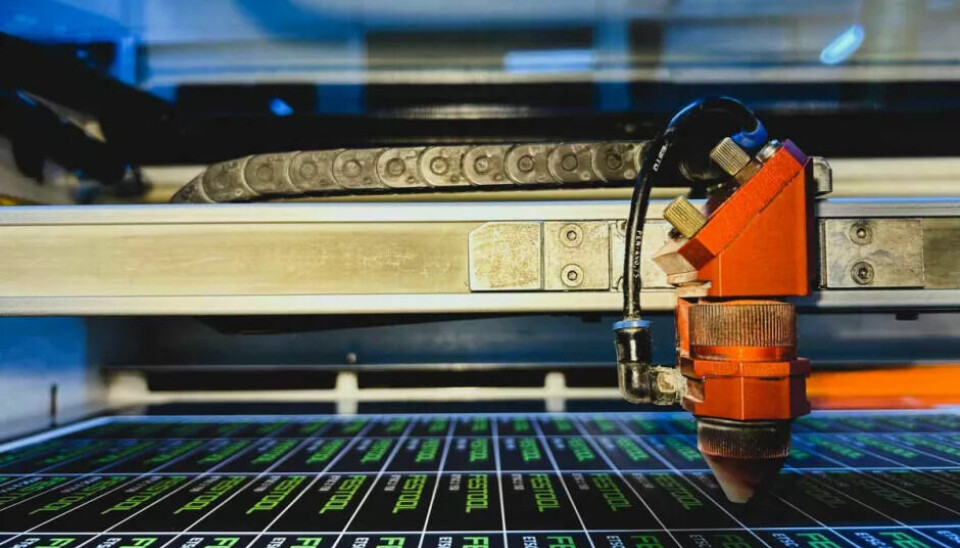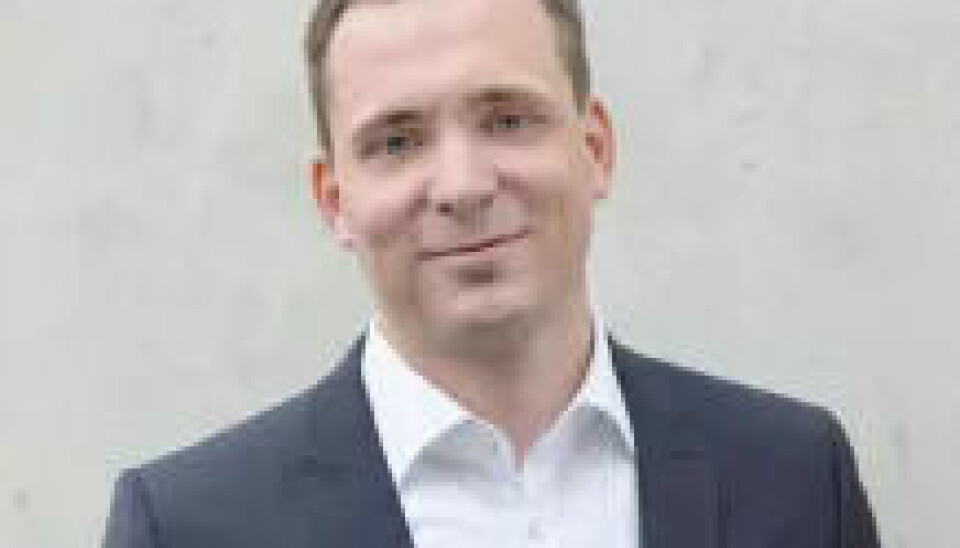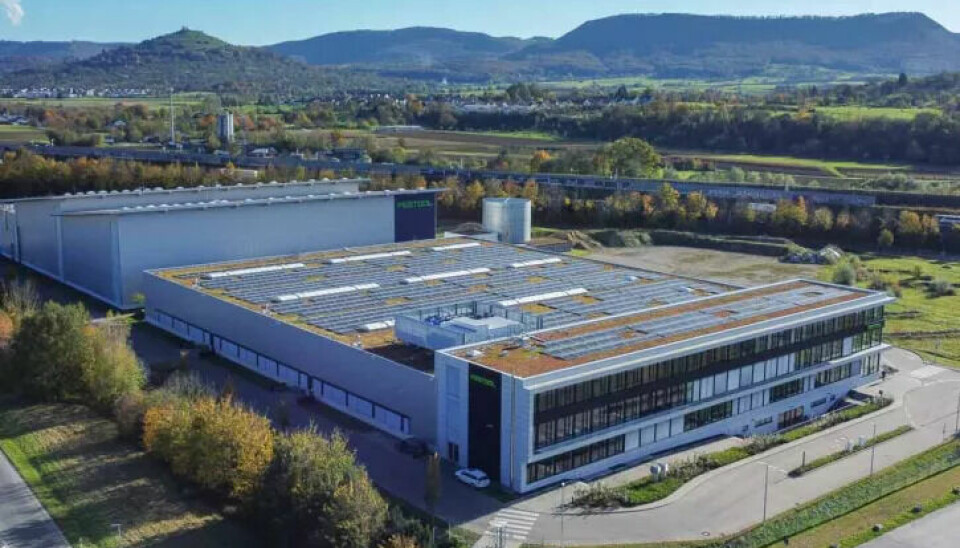Factory of the year: Outstanding small series production
Internal or external? Festool relies on its own expertise

At Festool, the factory network operates like a single factory. And it focuses on doing things in-house that are needed. A look behind the scenes.
Festool can celebrate multiple times this year: "This year we are celebrating not only 100 years of Festool, but also 100 years of successful production of our power tools in Germany," reports Steffen Heinrich, plant manager in Weilheim at Festool. Additionally, the company is the Factory of the Year winner in the category 'Outstanding Small Batch Production'.
The company Fezer & Stoll, founded in 1925, later Festo, initially produced various woodworking machines before a second economic sector developed in the 1950s with pneumatics. In 2000, the real division into Festo (pneumatics) and Festool (woodworking machines) took place.
The current Festool production network includes four plants, including the locations Weilheim and Neidlingen. "The special thing about our plant network is that we operate like one plant," says Steffen Heinrich. In fact, there are two plants - the assembly plant in Weilheim and the component plant in Neidlingen. However, they operate like one plant because both locations were physically one plant until 2021. However, since the Neidlingen location, which by the way was already among the winners of the Factory of the Year in 2002, 2005, and 2008, did not have enough growth space, the assembly was moved to Weilheim, about seven kilometers away.
“In the course of this, we had the opportunity to optimize logistics,” explains Heinrich, highlighting the advantage that the raw material warehouse is now directly connected to the assembly and that supply can be carried out via driverless transport systems.
Production of motors requires maximum flexibility

For Neidlingen, the spatial separation meant being able to focus on the production of electric motors and machined components. “Electric motors can be purchased on the world market. However, the production of motors that meet the respective requirements in terms of quality and performance for our power tools requires maximum flexibility of the production facilities, and that is precisely our core competence,” says Christian Wolf, plant manager in Neidlingen, highlighting the difference from the competition and the ability to produce up to 50 variants on a single production facility.
“If it has to be good, then we have to do it ourselves,” company founder Gottlieb Stoll already knew. “Therefore,” adds Wolf, “we constantly question what we can do better in-house to reflect the variance and flexibility we need.”
Festool: This surprised the factory of the year jury
With such well-founded make-or-buy considerations, which serve not as an end in themselves but as an economic optimum, Festool was able to repeatedly convince the factory of the year jury. And also surprise them. The fact that there is an in-house printing facility at the Neidlingen plant was not expected during the audit.
“We produce all print media such as performance labels, operating instructions, or safety notices ourselves. With more than 2,200 different stickers and over 600 different operating instructions, we naturally checked whether it would be easier with an external service provider,” explains Wolf the unusual step. However, to ensure quick delivery availability with high variance and low volume, the decision to print in-house was the easiest way. The typical Festool way.

Lean work systems are a major success factor
“We always think very carefully about what we can do and what we need. And what we can do and need, we mostly do ourselves,” explains Heinrich, referring to their own equipment construction. Through it, assembly can be adapted very quickly during product changes over the product lifecycle or during new developments.
“It also helps us to perfectly adapt the work systems to the employees, map the variance, and create very high efficiency,” adds Heinrich. Festool has been involved with lean production since 1997 and continues to see lean work systems as a major success factor for production in Germany.
To get exactly the solution you need when problems arise, Festool's high competence in quickly and cost-effectively developing software tools and digitizing production processes also results. “We often had the situation, when the topic of digitization came up on the shop floor, that many software companies wanted to offer us their solution. Solutions for which we neither had the appropriate applications nor the problems to be solved,” Heinrich explains the reason why they also rely on their own developments according to the citizen development approach to get the solution “that fits us.”

In the meantime, Festool uses numerous self-developed PowerApps for production, which crystallized as one of the key strengths in the factory of the year.
People are an important success factor
“When you walk through our production, it is noticeable that we have many clever solutions in both the digital and mechanical areas. The reason for this is that we build a perfectly adapted system that meets our economic requirements and is simultaneously oriented towards the employees to create a pleasant environment.
We work on equal footing with the employees and they are naturally invited to contribute,” emphasizes Heinrich. This attitude leads to many improvement suggestions, especially in the production areas, which come directly from the employees. Heinrich continues: “Despite all the technology used, people in our production are still the important success factor that often makes the difference. That’s why people are at the center of our production system.”